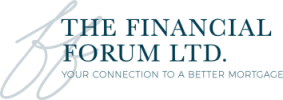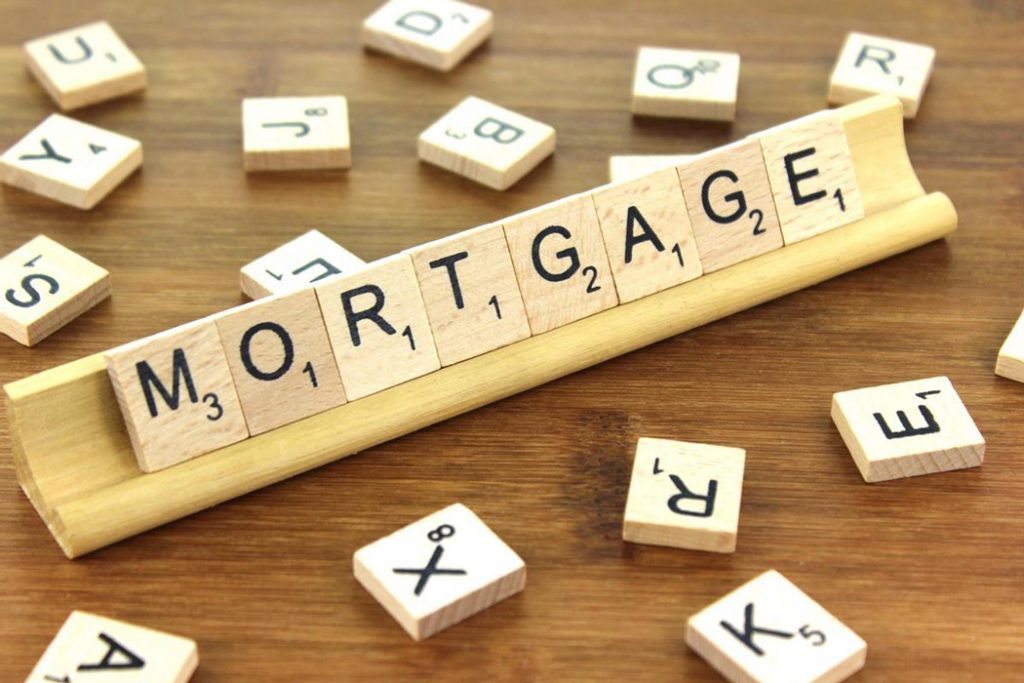4.84%
High Ratio - *Rates are subject to change without notice. *OAC
6.25%
*Rates are subject to change without notice. *OAC
Variable or fixed mortgage rate – which should I choose? It’s a question homebuyer and homeowners have been asking themselves for ages. In a perfect world, there would be a simple rule of thumb; unfortunately, the mortgage market is more complicated than that. Whether you should go fixed or variable largely depends on your own financial situation and appetite for risk.
As Canadians, we are by and large risk-averse. For that reason, the majority of us choose fixed-rate mortgages. Mortgage Professionals Canada finds that 68% of mortgage holders have fixed rates, 28% have variable rates, and 4% have “combination” mortgages. But just because most Canadians choose fixed-rate mortgages, doesn’t mean it’s the right choice for everyone. With the big banks recently offering a discount of 1% off prime rate, variable-rate mortgages are worth serious consideration.
Making the case for fixed rate
When deciding between a variable or fixed mortgage consider how risk-averse you are. If you are, then you might be better off with a fixed rate mortgage. A fixed rate mortgage offers the utmost in safety and security. With a fixed rate mortgage, your mortgage rate and payment stay the same during your mortgage term. When you sign up for a fixed rate mortgage, it’s often referred to as “locking in.”
Fixed rate mortgages make budgeting a lot easier, especially if you’re a first-time homebuyer.
You don’t have to worry about your mortgage rates and payments going up until your mortgage comes up for renewal. Property virgins may only have a rough idea of how much to budget for utilities, repairs, and maintenance. If you underestimate costs of homeownership and mortgage rates go up, you could find your mortgage payment is higher.
But as the saying goes, there’s no such thing as a free lunch, especially when it comes to personal finance. The safety and security of a fixed rate has a cost to it. Fixed mortgage rates are priced at a premium since you’re guaranteed the same mortgage rate for your mortgage term. You’ll have to decide whether it’s worth paying extra for the guarantee your rates will stay the same.
Making the case for variable rate
If you’re looking to be mortgage-free sooner, then the variable rate mortgage is worth serious consideration. With big banks recently offering a hefty 1% discount off prime rate, you can get an attractive, low mortgage rate. The spread between the 5-year fixed rate mortgage and 5-year variable rate mortgage is widening to 1%. As a result, that gives you more of a financial cushion. We’d need to see roughly 8 or 9 25-basis-point Bank of Canada interest rate hikes over the next 5 years for you to break even with variable rate. The odds of that happening aren’t very likely, especially with Canada in a trade war with the U.S.
If the thought of interest rates rising keeps you up at night, choosing between a variable or fixed mortgage you will probably choose the fixed rate. However, if you want to pay down your mortgage in less than 5 years, then you’ll want the variable rate. In that case, there’s less risk of rates rising a lot during your term.
Then there are the mortgage penalties. When you break your mortgage before the end of its term, the penalties can be quite hefty. The penalties are designed to compensate your lender for the lost interest from you getting out of your mortgage early. The mortgage penalties on variable rate mortgages tend to be fairer than fixed rate mortgage.
When deciding on a variable or fixed mortgage, remember thatyou’ll pay three months’ interest if you break your mortgage early. Whereas with a fixed rate mortgage, you’ll pay the greater of three months’ interest or the interest rate differential (IRD). Although the IRD is meant to compensate your lender for the lost interest, the penalty can be quite hefty. That’s because big banks tend to use the higher rate to calculate the penalty instead of the discounted rate.
Conclusion: Variable or fixed mortgage rate
If you think there could be a chance you might have to break your mortgage, a variable rate mortgage is worth serious consideration. With that option, you avoid the hefty mortgage penalties that most fixed rate mortgages come with.





